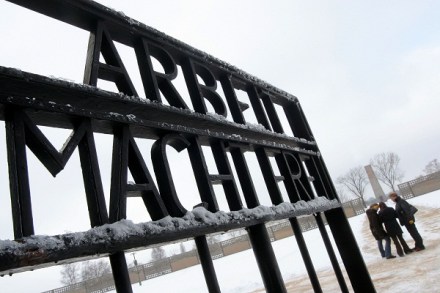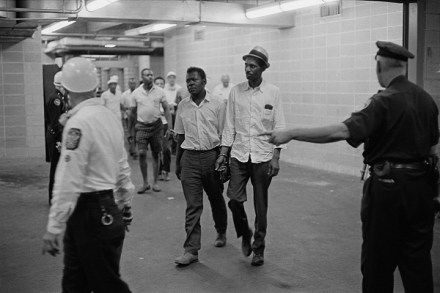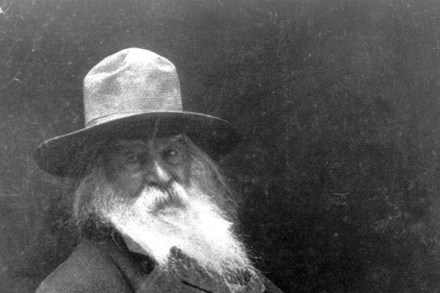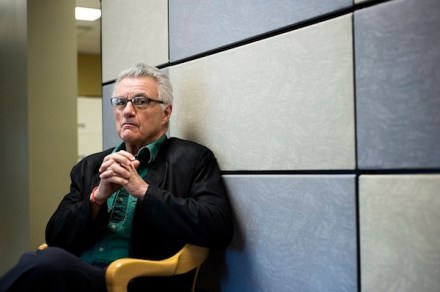Interview: Bernard Wasserstein and the Nazi genocide
As 1930s Europe moved towards the catastrophe of the Second World War, much of the greater part of the continent — for Jews — was being turned into a giant concentration camp. Bernard Wasserstein’s On the Eve, The Jews of Europe Before the Second World War, captures the sorrows and glories of European Jewry in






